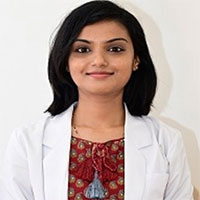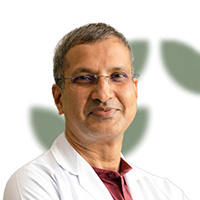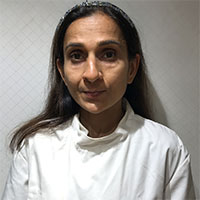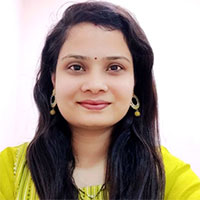Online Ophthalmologist Consultation

Dr Anushree S
MBBS Rajiv Gandhi University of Health Sciences, Karnataka
MS Ophthalmology Rajiv Gandhi University of Health Sciences, Karnataka
7+ years of experienceSpeaks English,Kannada, Hindi - Fluent ; Konkani, Tulu, Marathi

Dr Vinay Garodia
MD AIIMS
DNB National Board of Examinations
FRCS Royal college of Surgeons of Edinburgh
20+ years of experienceSpeaks Hindi, English

Dr Hema Mer
MBBS Terna Medical College, Navi Mumbai
MSc in Clinical Ophthalmology & Vision Research (COVR) Glasgow Caledonian University, Glasgow, UK
Fellowship in cornea & refractive surgery Bombay City Eye Institute & Research Center
15+ years of experienceSpeaks English, Greek, Arabic, Gujarati, Hindi, Marathi

Dr Payal Ballamwar
MBBS NKP Salve Institute of Medical Sciences, Nagpur
MS Ophthalmology Grant Medical College, Mumbai
5+ years of experienceSpeaks English, Hinidi, Marathi
Ophthamology
Ophthalmology is the branch of study that deals with the problems of the eye. The field includes anatomy, physiology and diseases affecting the eye. Subspecialties of ophthalmology include ocular oncology, cornea, retina, uveitis, refractive surgery, glaucoma, neuro-ophthalmology, plastic surgery and pediatrics.
Doctors that diagnose, prevent and treat the conditions affecting the eyes by using medical and surgical skills are called Ophthalmologists. Eye issues are very common and usually are not life-threatening conditions, but they can cause great discomfort and anxiety, as eyes are our windows to the world.. An Ophthalmologist or eye specialist doctor treats patients of all age groups including premature babies to senior citizens. Ophthalmologists at academic centers also undertake extensive scientific research eye and vision conditions in order to find out potential cures.
Ophthalmologists are certified to undertake a host of procedures depending on their type of practice and areas of specialty. Ophthalmologists having speciality in one or more subspecialties usually treat complex eye conditions and perform exceptionally critical surgeries on the eye.
They also prescribe eyeglasses and contact lenses to treat vision problems. Moreover, while treating an eye condition an Ophthalmologist may also detect an unrelated health issue and refer a patient to the appropriate specialist for treatment and cure.
What conditions do Ophthalmologists treat?
Ophthalmologists treat most of the conditions and visual issues affecting the eyes including –
- Cataracts
- Glaucoma
- Retinal and Corneal conditions
- Deterioration of the macula
- Eye conditions in children
- Optic nerve problems, irregular eye movement, double vision, and vision loss
- Reconstructive surgery and /or advanced vision repair
- Tear duct infection or blockage
- Removing tumor, cyst, or foreign object
- Altering facial structure function and appearance
When to see an ophthalmologist?
You will need to see an Ophthalmologist for issues like cataract, eye infection, optic nerve problems or any other eye related problem. In case you are experiencing chronic or serious vision issues you should consider seeing an ophthalmologist at the earliest.
Some red flag such symptoms are –
- Some red flag such symptoms are –
- Loss of peripheral vision
- Diminished, distorted, double or blocked vision
- Constant tears in the eyes
- Abnormalities or issues of the eyelid
- Colored circles or halos appearing around lights
- Appearance of black specks or strings
- Sudden light flashes
- Redness of the eye
However, in case of an eye injury, sudden vision changes or reduced vision, or severe eye pain, you must seek immediate medical help from an eye specialist/Ophthalmologist. Some chronic and lifestyle diseases can affect your eye health. If you have conditions like thyroid, high blood pressure, diabetes, family history of eye issues, you might need an appointment with an ophthalmologist. It is not uncommon for perfectly healthy people to suddenly experience severe eye conditions. Hence, most ophthalmologists agree that a full medical eye exam is crucial at the age of 40 to have a basic understanding of your eye health. This helps your doctor to detect the subtle and difficult changes in your eye or vision. Thanks to the advancements in technology and treatment procedures in recent years, ophthalmologists now treat eye diseases in a more effective way by using the high tech surgical equipment and machines.
You can book an online or in-person appointment with an experienced ophthalmologist on DocGenie. Doctors working with us are highly skilled and can help you with early detection and cure of any eye related issue.
 Between 9am to 8pm
Between 9am to 8pm Whatsapp Message at
Whatsapp Message at support@docgenie.in
support@docgenie.in



